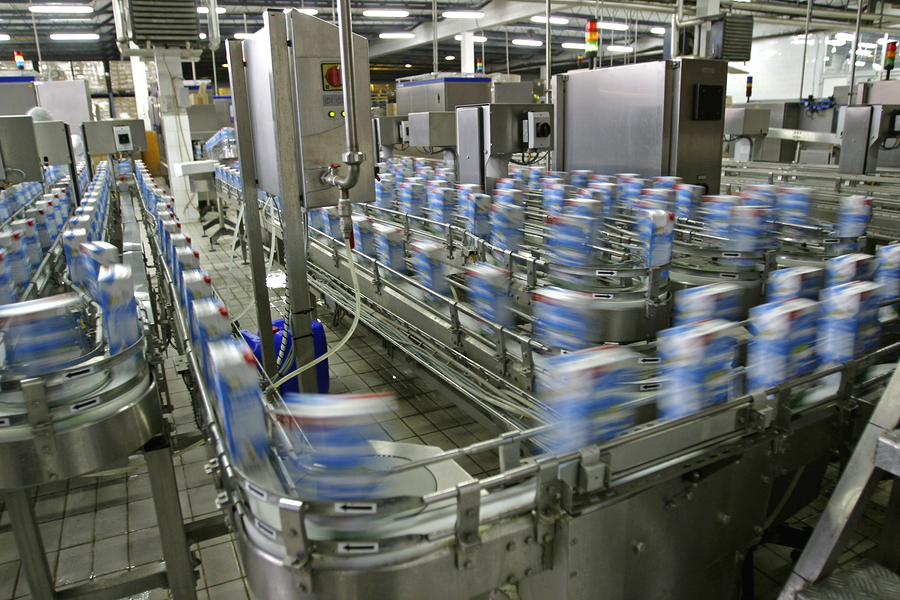The February report from the Institute for Supply Management saw manufacturing still growing, but at its slowest rate since November 2016. The overall Purchasing Managers Index (PMI) was at 54.2%, down more than 6.5 percentage points from its 12-month high last August.
Food, beverage, and tobacco industry respondents noted that cost pressures and tariff challenges continue, but they see stability and potential improvement through the rest of 2019.
Here’s what the food, beverage, and tobacco industry reported for February:
- Growth in new orders
- Growth in production
- Growth in employment
- Slower supplier deliveries
- No change in raw materials inventories
- Customer inventories too low
- Decreased prices for raw materials
- Decrease in order backlogs
- Growth in new export orders
- Growth in imports
In terms of buying policy, the average commitment lead time was down by two days to 146 for capital expenditures; down by three days to 33 for maintenance, repair, and operating (MRO) supplies; and unchanged at 68 days for production materials.

